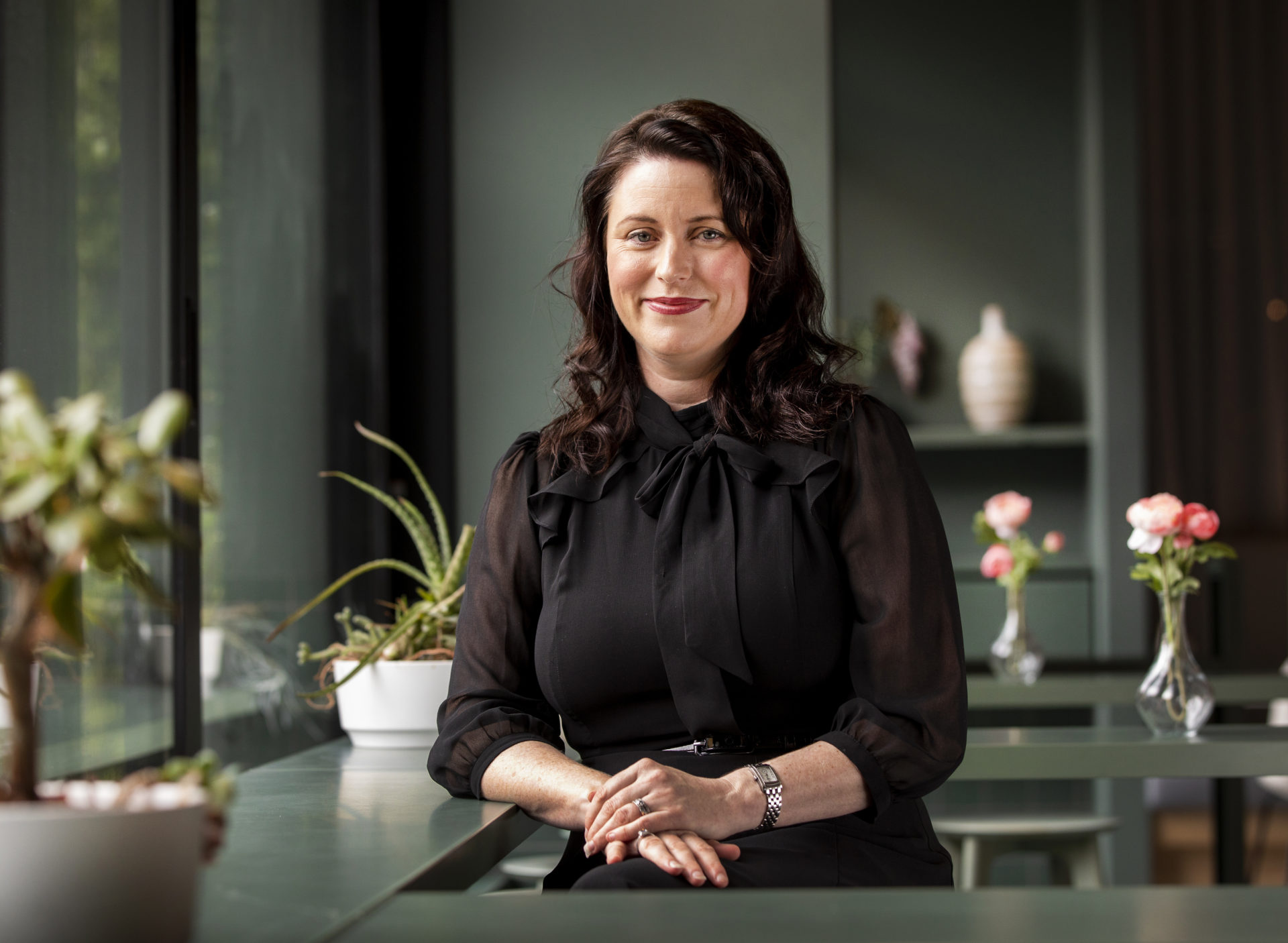What if we told you that you could help women flourish at work for free?
It sounds good, right? Well it is possible. Most workplaces have evolved over time to incorporate positive supports for women in the workplace such as leadership training, coaching, maternity and carers leave and flexible working arrangements. These are tangible investments that are orientated towards retaining women in the workplace, but is this enough?
Recent research, focused on how organisational supports impact psychological, wellbeing and workplace outcomes (engagement, burnout and turnover intentions). Examining women’s experiences regarding how their workplaces impact their wellbeing, what obstacles prevent them in achieving in the workplace and what changes are needed to move forward in order to see more equity.
The findings reveal that psychological safety is a key organisational support to enhance women’s resilience and wellbeing, which we know is vital to flourishing at work. High levels of psychological safety also increases perceptions of empowerment and work engagement. Psychological safety is ‘the general belief that one is comfortable with being oneself – being open, authentic, and direct – in a particular setting or role’ (Nebhard and Edmondson, 2012, p.3). It is related to how one perceives the degree of interpersonal threat at work. It consists of beliefs about how others will react and respond when one ‘puts themselves on the line, such as by taking a risk, asking a question, seeking feedback, reporting a mistake or proposing a new idea’ (Nebhard and Edmondson, 2012, p.3; Edmondson, 1999).
What this tells us is that when women perceive that they have high psychological safety at work – in that when they feel that they can be their authentic selves at work – then they benefit psychologically, improving their resilience and wellbeing. It may also help counterbalance conflicts associated with work-life balance and impostor syndrome, prevalent challenges for professional women.
I think the common theme is the amount of time that females spend worrying about imposter syndrome or other versions of this are such a waste of time. Often, I feel when speaking to guys, they don’t have that same wasted time. [extract from an interview]
Workplaces with high psychological safety also benefit practically. The study showed that wellbeing increases workplace engagement and reduces turnover intentions.
How can firms increase psychological safety in the workplace?
Female respondents highlighted that culture is the key to cultivating psychological safety and that all managers need to take personal responsibility towards setting a culture of psychological safety at work. The optics of this are important: women want to see positive role-modelling of psychological safety at work. This study provides evidence that the informal supports that the organisation provides (e.g., psychological safety, autonomy and leadership support), outweigh the formal, more financially tangible supports, when it comes to providing better health and workplace outcomes for women.
There’s this whole culture that I need to work against. Even though they were really, really supportive to me. I was their first flexible, remote-working manager. But then there was still a strong expectation of what professional meant. And it wasn’t a view that I really subscribed to. Whereas when I was headhunted, I remember the guy said to me, “We haven’t done this before. And we hope that you will show us the way forward.” And so I had open way to say, “This is what will work for me. I don’t know about other people, but this is what works for me” [extract from an interview]
The time has come for workplaces to look within when it comes to creating more supportive work environments for women. This is much harder than throwing money at the problem, but the value placed on authenticity is priceless.
References:
Edmondson, A.C. (1999). Psychological safety and leaning behavior in work teams. Administrative Science Quarterly, 44(2), 350 – 383.
Nembhard, I.M., and Edmondson A.C., (2012). Psychological Safety: a foundation for speaking up, collaboration, and experimentation in organizations.The Oxford Handbook of Positive Organizational Scholarship.
White, L. (2018). A long way to go to the top for women. Australian Financial Review. https://www.afr.com/companies/professional-services/a-long-way-to-the-top-for-women-accountants-20181105-h17iaw
Masterclass recording: This article refers to research undertaken by Carly and Alessandro which was presented at a Masterclass in the Monash Business School: ‘How do we integrate mental health, wellbeing and performance in professional service firms?’ https://www.youtube.com/watch?v=Utk_BZRCNt0
Unlock your people’s potential today
Enter your details to stay up to date with the latest news events and program updates.








